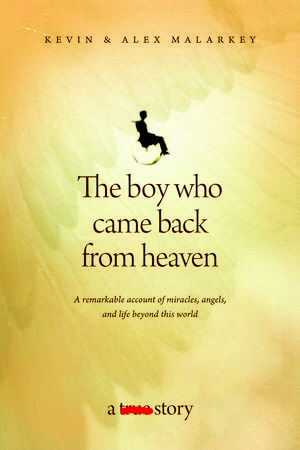
Over the past few months, there has been a great deal of criticism of the work of stem cell researcher Jacob Hanna, especially on PubPeer.
Now, Hanna has responded in the comments of the PubPeer entries for a number of papers. He has also posted a number of PDFs, including his PhD thesis, and correspondence with scientists who have been critical of his work.
He also wrote a response to a criticism published on bioRxIV, a non-peer reviewed repository of biology pre-prints.
One of Hanna’s comments on PubPeer is a summary of the issues with his Blood paper on PubPeer, blaming the figure errors on “medical trainees” who did the word while he was away at Mount Sinai. Here’s his explanation: Continue reading Stem cell researcher Jacob Hanna responds to criticism








